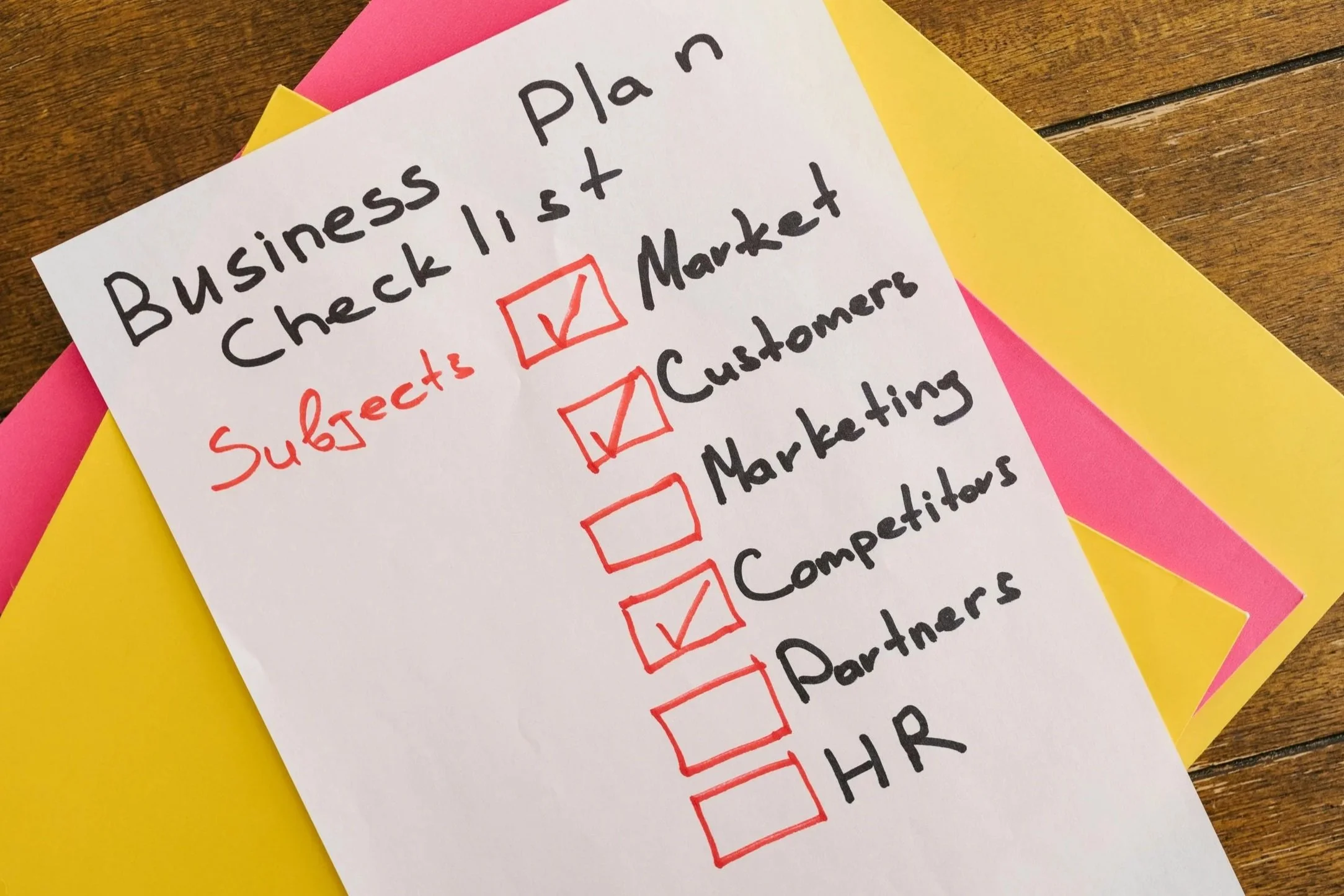The one-person billion-dollar company is more myth than reality—for now. AI and no-code tools give founders incredible leverage, but customer validation, scalability, and smart partnerships remain the real drivers of lasting success.
Read MoreYesterday’s founders needed millions and years to test an idea. Today’s founders can validate with AI, low-code, and MVPs in weeks. The difference? Agility now matters more than capital.
Read MoreA proof of concept (PoC) proves it can be built, a prototype shows what it feels like, and a minimum viable product (MVP) tests if the market cares. Founders who skip these steps risk burning time and money, while those who follow the sequence maximize learning and minimize waste.
Read MoreFounders often carry high expectations but struggle with low resilience. This paradox creates a cycle of ambition, self-criticism, and burnout that threatens both founder well-being and startup outcomes. The path forward isn’t just grit—it’s about designing resilience into the startup itself through iteration, support networks, and sustainable practices.
Read MoreMost startups don’t fail because of competition. They fail because of distraction.
Up to 90% of failures come from internal issues—lack of focus, chasing shiny objects, and poor alignment. Competition? Only about 20%.
Startup growth isn’t linear—it follows a J-curve. In the early days, progress feels painfully slow, but once validation compounds, growth accelerates faster than expected. The key is surviving the flat part of the curve without burning out or scaling too soon.
Read MoreStartup success isn’t about being endlessly stubborn or constantly flexible—it’s about mastering both. Research confirms that conviction gives founders resilience, but adaptability and pivots drive long-term survival. The best entrepreneurs stay stubborn about the mission, but adaptable about the path.
Read MoreFounders often underestimate the role of intuition. While business models pivot and products evolve, the people you bring into your startup—cofounders, first hires, investors—shape every step. Trusting your gut about people isn’t just instinct, it’s one of the most reliable guides you’ll have in uncertainty.
Read MoreMoving from Seed to Series A isn’t just about raising capital—it’s about changing how you build. Startups must shift from scrappy coding and MVPs to strategic roadmaps, scalable architectures, and security-first practices. These shifts aren’t optional, they’re survival.
Read MoreBefore building Clara.Care, we ran multiple Proofs of Concept to test assumptions and filter out the wrong technologies. From discarded mobile apps to failed transcription models, each experiment taught us something critical. This blog shares why PoCs are essential before any MVP, and how they can save founders from costly mistakes.
Read MoreFounders often confuse a Proof of Concept (PoC) with a Minimum Viable Product (MVP). One answers if something can be built, the other if it should be built. Knowing the difference — and the right sequence — saves time, budget, and reputation.
Read MoreScaling a business is challenging, but staff augmentation offers a flexible solution. Soluntech provides on-demand access to expert talent, helping startups and businesses scale faster, reduce costs, and stay agile. From cloud engineers to AI specialists, our services ensure your projects stay on track without long-term commitments.
Read MoreStarting a business is no small feat. Founders are faced with countless decisions and challenges, many of which can determine the fate of their startup. Success isn’t just about having a great idea—it’s about avoiding critical missteps that can jeopardize your entire venture. Inspired by Steve Blank’s article, "The 9 Deadliest Start-up Sins”.
Read MoreDiscover how SMBs and startups can use AI in 2025 to automate, personalize, and innovate. Learn key trends and actionable strategies.
Read MoreBuilding an MVP is often compared to constructing a house—but the truth is, they couldn’t be more different. While houses follow a rigid blueprint with predictable steps and materials, MVP development is a dynamic, iterative process full of unknowns. An MVP is not about creating a “finished product” from the start; it’s about validating an idea, learning from user feedback, and evolving based on real-world insights.
Read MoreDiscover how businesses can navigate the top trends of 2025 with confidence. From leveraging AI and low-code platforms to creating data-driven strategies, learn how Soluntech empowers startups and organizations to innovate and thrive in a rapidly changing world. Ready to plan your future? Start with a free pre-consulting meeting today!
Read MoreTurning a digital product idea into a success takes more than inspiration—it takes validation. In this blog, we dive into how crafting clear, testable hypotheses can guide your product development, reduce risk, and ensure your solution aligns with real customer needs. By turning assumptions into data-driven insights, you can pivot quickly, build with confidence, and create products that truly resonate. Explore simple steps to create effective hypotheses and learn how a hypothesis-driven approach can transform your idea from concept to impactful digital product.
Read MoreIn the Company Building phase, startups transition from a fast-paced environment to a structured organization with formal departments like sales, marketing, and customer support. Learn how to establish scalable processes, build strong leadership, and position your business for long-term success.
Read MoreIn the Customer Creation phase, startups focus on scaling by building demand, enhancing marketing efforts, and optimizing sales strategies to drive growth. Learn how to transition from early adopters to a broader customer base and create a sustainable business model.
Read More



















